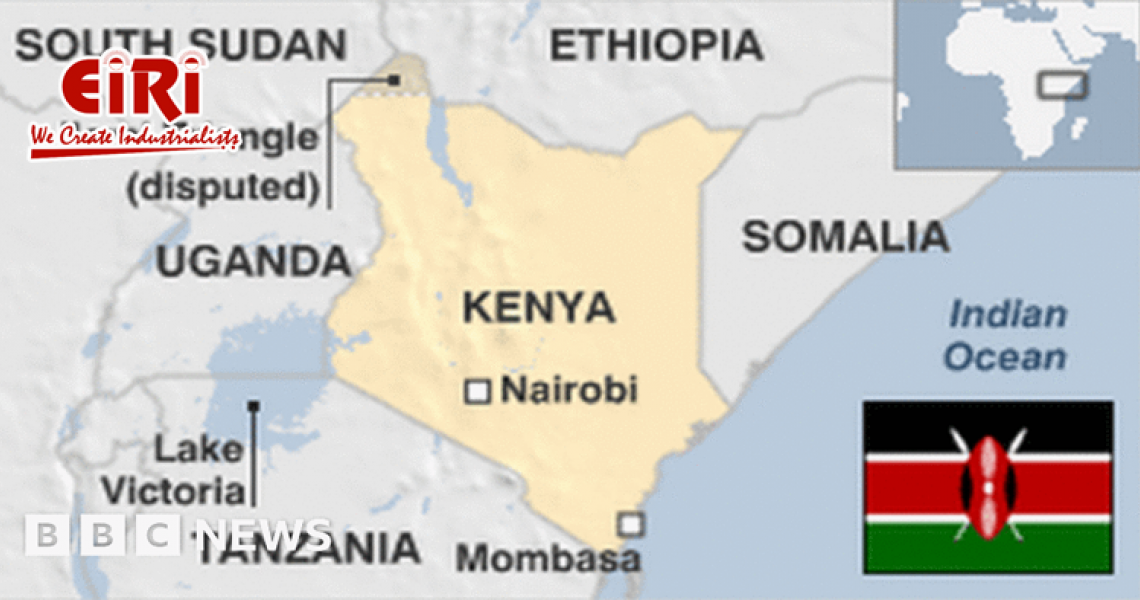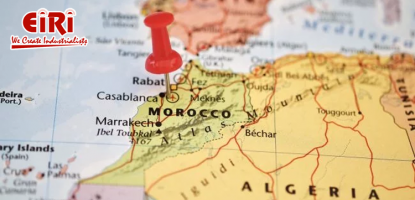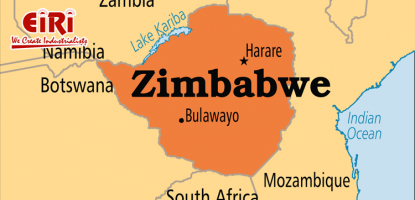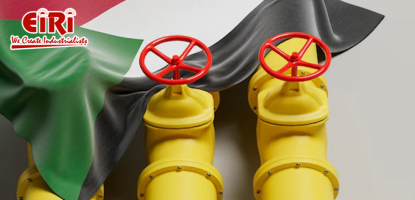Kenya : Navigating the Challenges and Opportunities of Manufacturing

Kenya is a country located in East Africa, known for its natural beauty, rich culture, and friendly people. The country is also known for its strong economic growth and business-friendly environment, making it an attractive destination for manufacturers looking to expand their operations.
One of the most promising manufacturing business ideas in Kenya is in the production of consumer goods. Kenya has a rapidly growing population and a growing middle class, leading to a significant demand for products such as electronics, appliances, and automobiles. Additionally, the country's large population and increasing urbanization is leading to a growing demand for housing and construction materials.
Another area of opportunity in manufacturing in Kenya is in the production of food and beverages. The country has a large and growing population, as well as a well-developed agricultural sector, providing access to a wide range of raw materials. Additionally, the country has a number of processing plants and packaging facilities, making it well-suited for the production and processing of food and beverages.
The manufacturing sector in Kenya also presents opportunities in the production of textiles and clothing. The country has a long history of textile production and has established a reputation for producing high-quality products. Additionally, the country has a number of free trade agreements in place, which provide access to a number of markets around the world.
Another area of opportunity for manufacturing in Kenya is in the production of leather goods. The country has a well-developed leather industry, providing access to a wide range of raw materials. Additionally, the country has a number of processing plants and tanneries, providing the infrastructure needed for this type of manufacturing.
The manufacturing sector in Kenya also presents opportunities in the production of pharmaceuticals. The country has a well-developed healthcare sector and a large population, making it well-suited for the production of pharmaceuticals. Additionally, the country has a number of free trade agreements in place, which provide access to a number of markets around the world.
However, there are also challenges to manufacturing in Kenya. The country has a small domestic market and a small labor force, which can make it difficult to scale up operations. Additionally, the country has a high cost of living, which can make it difficult to attract and retain skilled labor.
Despite these challenges, there are a number of initiatives underway to support the growth of manufacturing in Kenya. The government of Kenya has established a number of policies and programs to support the development of the manufacturing sector, including tax incentives, grants, and subsidies. Additionally, the government has invested in infrastructure development, including the construction of industrial parks and special economic zones.
In addition, Kenya has a well-developed transportation and logistics infrastructure, making it easy to move goods in and out of the country. The country has a number of modern airports and seaports, as well as an extensive network of roads and railways. This makes Kenya an ideal location for manufacturers looking to export their products to other countries in Africa and beyond.
In terms of energy, Kenya is also a promising market. The country has a well-developed energy sector, with a large number of hydroelectric power plants and geothermal power plants, providing a reliable source of energy for manufacturers. Additionally, the country has a number of wind and solar power projects underway, providing a source of renewable energy for manufacturers.
Another manufacturing business opportunity in Kenya is in the production of agricultural inputs such as fertilizers, pesticides, and other farm inputs. Kenya has a well-developed agricultural sector, providing access to a wide range of raw materials and a large market for agricultural inputs.
In conclusion, Kenya presents a number of opportunities for manufacturers looking to tap into the country's resources and well-developed sectors. The country has a reputation for producing high-quality consumer goods, food and beverages, textiles, leather goods, pharmaceuticals and has a well-developed transportation and logistics infrastructure, making it easy to move goods in and out of the country. Additionally, Kenya has a well-developed energy sector, and a growing market for agricultural inputs. However, the country also presents a number of challenges including small domestic market, high cost of living, and limited labor force. Despite these challenges, with the right strategies, a manufacturing business in Kenya can still be successful.






